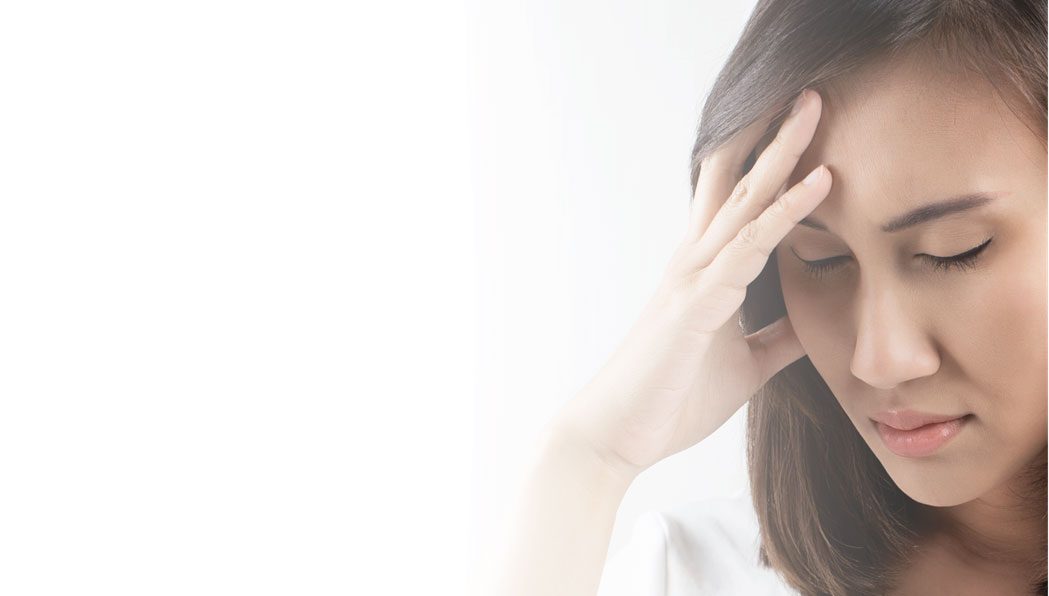
Major new migraine trial could bring relief to millions of sufferers
Migraine sufferers are being invited to take part in the trial of a new treatment aimed at preventing these debilitating attacks.
Volunteers will be trialling the effectiveness of new multi-pill blood pressure or cholesterol lowering drugs.
Currently just 20 per cent of people who suffer from migraines take any form of preventative medicine due to widespread side effects.
But researchers at The George Institute hope these new treatments will not only prove effective at preventing migraines, they may also reduce the unwanted side effects.
Dr Cheryl Carcel, Neurologist and Research Fellow at The George Institute, said: “Migraine affects millions of people in Australia who live in fear of developing an attack which not only causes discomfort, it also forces them off work and unable to participate in family life.
“We know that sufferers would love to be able to reduce the amount of attacks they have each month, or of course prevent them altogether. But at the moment many of the pills on the market produce weight gain and fatigue so people avoid them.
“It means they often end up overusing highly potent pain relieving drugs in the midst of an attack, which we would hope to avoid.”
The trial will be taking place at Royal Prince Alfred Hospital in Camperdown and Prince of Wales Hospital in Randwick.
Participants should be aged 18-65, have 2-14 migraines a month for at least 12 months, and must have started experiencing migraines before they turned 50. They must also be willing to take medication for 12 weeks and be able to visit one of the clinics every four weeks for 20 weeks.
Migraine facts
- Migraine affects 0.8 billion people globally and is the sixth highest cause of disability worldwide
- Migraine is a leading cause of lost work time in Australia
- It’s believed at least three million people suffer migraine in Australia.
- Beta blockers are the most commonly used preventative medicines but produce significant side effects such as fatigue
- Migraine affects three time as many women as men.
To find out more about the trial phone the toll free number 1800 397 371.


